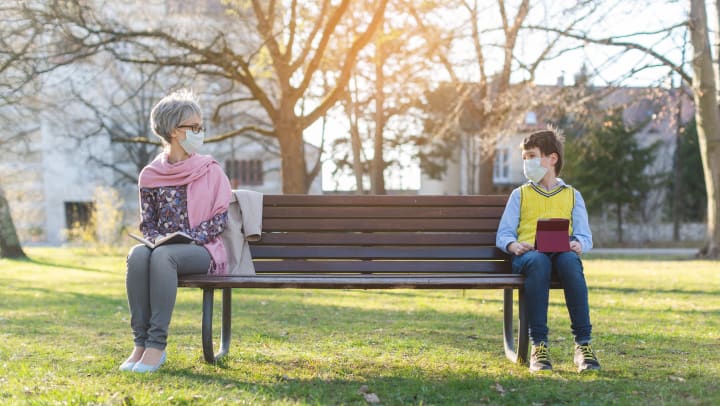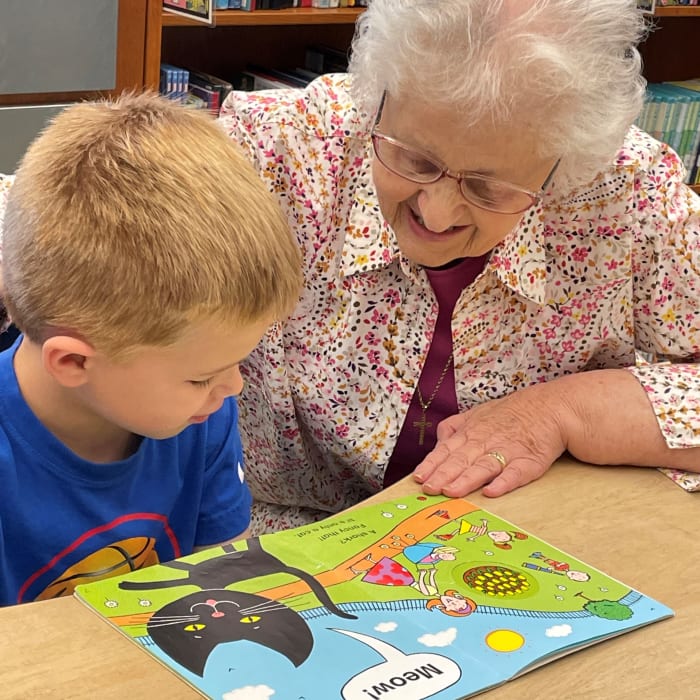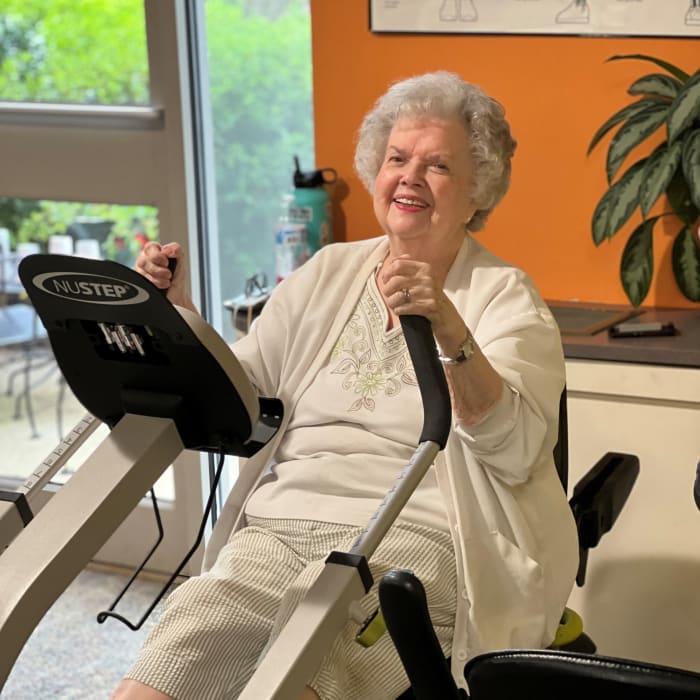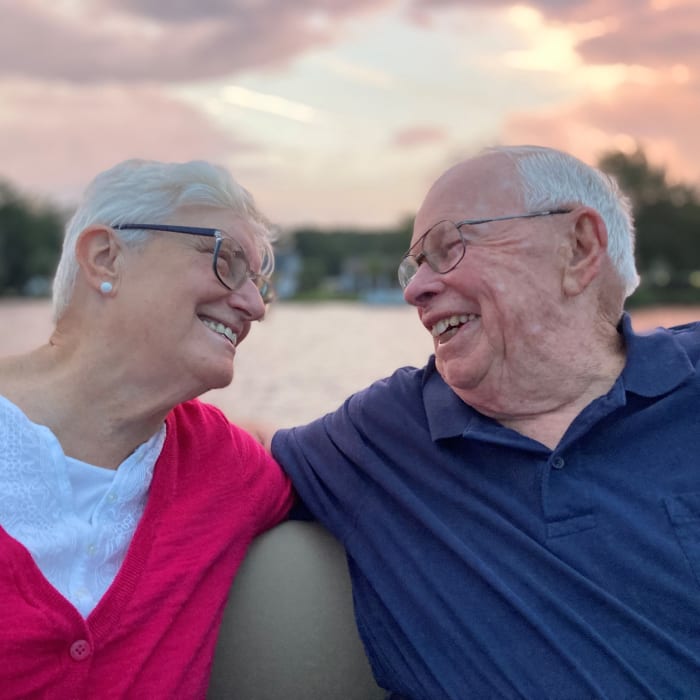10 Ways to Help Seniors Stay Healthy and Safe
The COVID-19 pandemic has been especially hard on older adults — not only because they are at higher risk of severe symptoms with COVID-19, but also because many are staying home and feeling isolated. With guidance and restrictions changing regularly, there are things we — as neighbors, friends, family and even strangers — can do to help those in need during this stressful time.
Here are 10 ways to help seniors stay safe, healthy and connected:
- Donate food and supplies. Offer any extra basics you may have to a local senior center, food bank or vulnerable senior. Volunteer your time or donate money to your local Meals on Wheels organization or senior center.
- Offer a helping hand. Let your senior neighbors know you are available to help or connect. Leave a note on the door stating what you are able to do, such as: I can pick up groceries or a prescription; we can text or talk on the phone; or I can walk your dog for you.
- Use curbside pickup and delivery services. Encourage seniors and others at high-risk due to health concerns to take advantage of curbside pickup or delivery services. They can save time and reduce the need for in-store shopping by using mail-order or drive-thru prescription refills and curbside grocery pickup or delivery.
- Help navigate health care. It’s important to address health problems that come up, whether related to COVID-19 or not. Familiarize yourself with safety guidelines so you’re ready if you or someone you know needs to go in for a doctor appointment or emergency care.
- Access virtual care. Health systems are offering virtual visits in the form of video and telephone visits, all in an effort to keep more people safe at home. Connecting with virtual care often requires downloading an app or setting up an account — offer to help with these steps if technology is a barrier for an elderly neighbor or loved one.
- Encourage social connections. Isolation can create a sense of loneliness for some elderly people, which in turn can affect immunity and mental health. You can help them set up smartphones or tablets so they can video chat with family, grandchildren and friends.
- Check in regularly. Suggest scheduling regular check-in times for phone calls with friends and neighbors. They can call and check in on another nearby neighbor as well to help keep a sense connectedness and reduce feelings of isolation.
- Share arts and culture virtually. Buy them an audiobook or podcast subscription. Or explain how they can take virtual tours of world-class museums, zoos, science exhibits, etc.
- Strengthen ties with a faith community. If a faith community is a significant part their social life, you can show them how to access online services and outreach for comfort and support.
- Warn seniors to beware of scammers. These scams are unfortunately targeting the elderly and taking advantage of fears surrounding COVID-19.
We’re working hard to keep our community safe and healthy, especially older adults and those who are vulnerable to illness. If you or someone you know needs help finding resources and programs designed to make to make life easier for seniors, please visit www.prescommunities.org.






